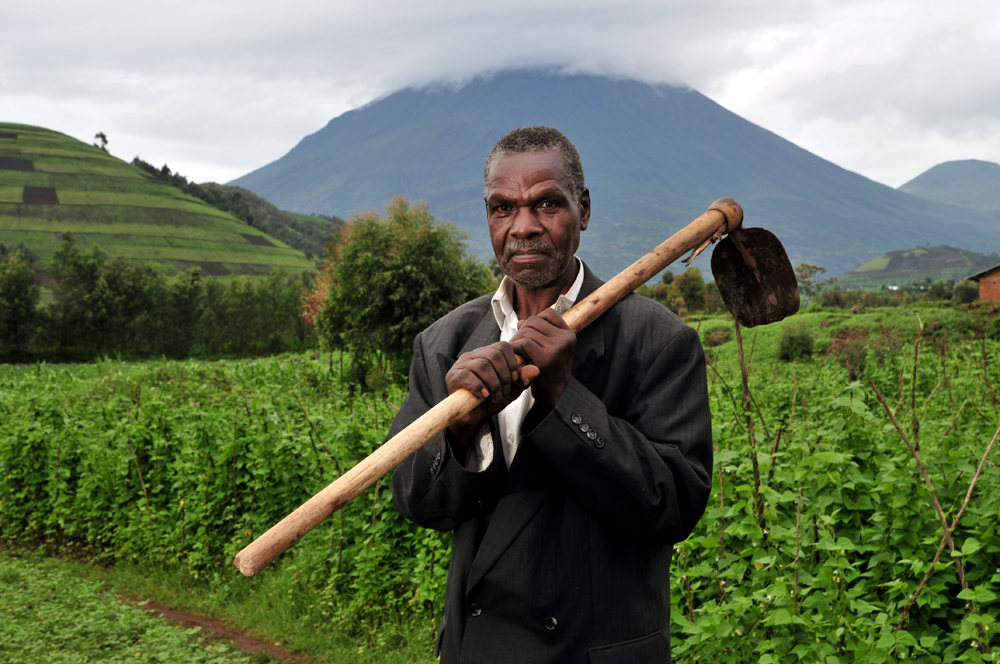Across Africa, water permits are the formal legal system for managing water. Water users are expected to apply for and pay for permits which give authorisation for water use under certain conditions. According to a comparative study of water permit systems in Malawi, Kenya, South Africa, Uganda and Zimbabwe, these countries are facing major challenges in issuing and enforcing permits. The formal permit systems exclude large numbers of small-scale water users in rural and peri-urban areas who cannot be reached by under-resourced government agencies.
The project Water law reform to improve water security for vulnerable people in Africa, led by Pegasys Institute and the International Water Management Institute, compared the history and current status of implementing water permit systems in the five African countries. The team sought to identify possible improvements to legislation to support more effective and pro-poor water authorisation systems.
A workshop on water permit systems held earlier this year in Pretoria, South Africa, brought together high-level government officials and senior academics. It provided a platform for officials and academics from different countries to share experiences, exchange ideas and learn from each other about what is and isn’t working in Malawi, Kenya, South Africa, Uganda and Zimbabwe.
The presentations and discussions identified many challenges as well as opportunities in the management, information and money related processes of permitting systems in the five countries. Many participants saw potential scenarios of conflict, especially in water- stressed areas. But there was broad consensus that permitting systems have been largely accepted across the countries as an important water resources management tool.
The common vision, and challenge, is to reconfigure permit systems into pro-poor water use authorisation systems which support equitable development and poverty reduction. The exchange of experiences, best practices and lessons learnt were useful for government representatives and researchers alike; the differences between the countries in implementing fairly similar water legislation enabled important mutual learning.
A policy brief produced by the project makes three recommendations for action. First, there is a need to recognise customary water law within the formal water law in order to improve the legal water security of small-scale rural water users. Second, it’s important to understand the cost-effectiveness of billing and revenue collection for small-scale water users, since it may actually be costing the government more in administration costs than the small sums collected. Finally, a targeted and differentiation approach to issuing permits, monitoring and enforcement is needed, which takes into account differences between large and small-scale water users.
Water law reform to improve water security for vulnerable people in Africa is one of 12 Catalyst Projects funded through REACH Partnership Funding.
Policy brief: Current challenges and good practices for water use authorisation systems in Africa

